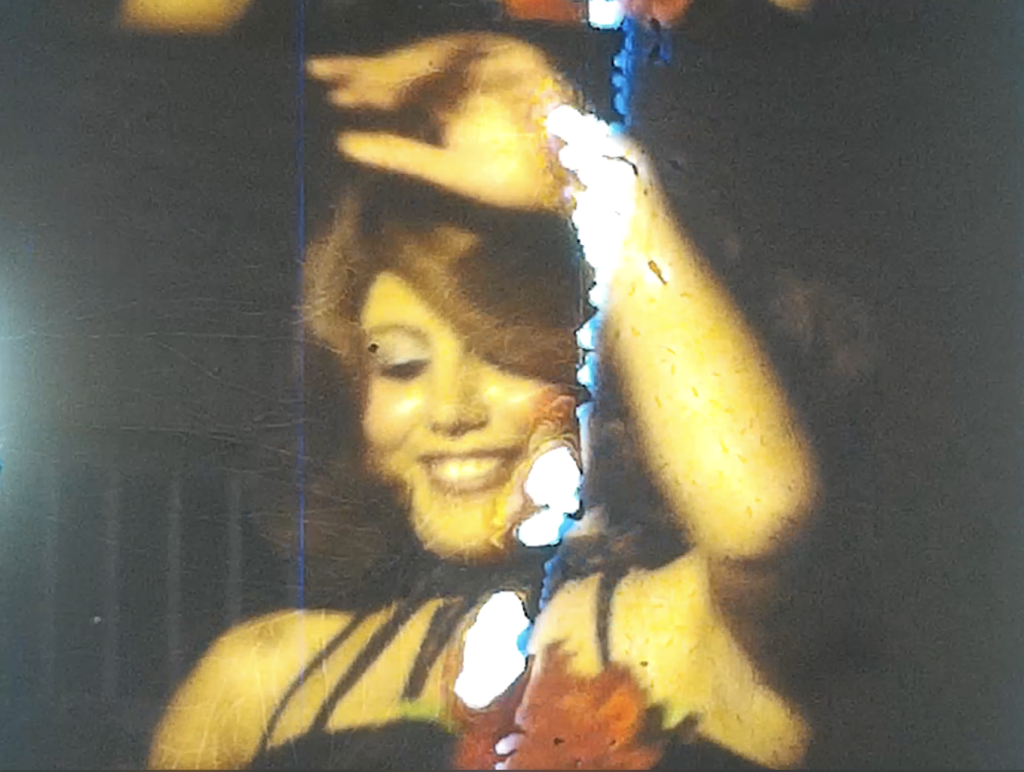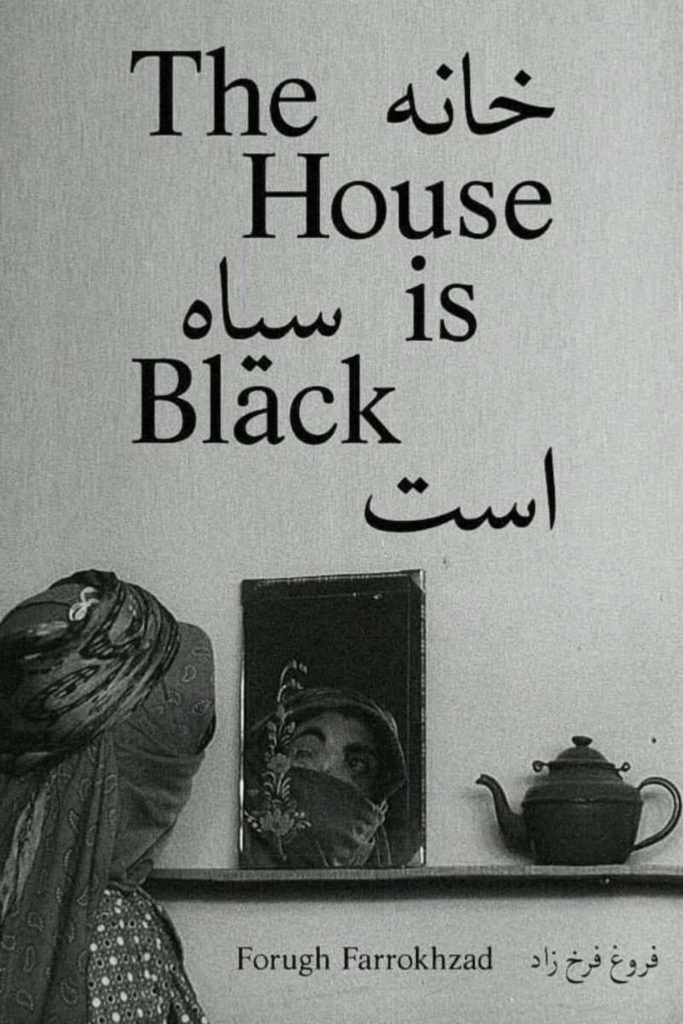Poetics of Refusal: Women’s Voices in Iranian Cinema

Iran, 2024, 82 min, Farahnaz Sharifi, Farsi
+ Short film
The House is Black
Iran, 1963, 20 min, Forugh Farrokhzad, Farsi
Original version with english subtitles
Iranian cinema has long echoed with defiance. In a country where filmmaking is often an act of subversion, directors have learned to create under censorship, surveillance, and the threat of imprisonment. From Jafar Panahi smuggling This is Not a Film out on a USB hidden in a cake, to anonymous videos shared during protests, the act of image-making in Iran is always more than representation, it is resistance.
The House is Black and My Stolen Planet emerge from this legacy. Forugh Farrokhzad’s The House is Black is a pioneering work of Iranian feminist cinema, set in a leprosy colony. Through lyrical narration and stark visuals, she gives voice to those cast out by society creating a radical act of empathy and rupture.
Farahnaz Sharifi’s My Stolen Planet, made six decades later, continues this feminist resistance. Weaving Super 8 home movies, personal archives, and quiet gestures of everyday life, the film becomes a counter-history to the Islamic Republic. It bears witness to Iran’s current uprisings, especially the women-led Jin, Jiyan, Azadi movement.
Together, these films span generations of women’s resistance in Iran. They don’t shout; they remember, mourn, and dream. They are not simply films, but acts of witness – alive, defiant, and unforgotten.
Das iranische Kino trägt seit Langem den Geist des Widerstands in sich. In einem Land, in dem das Filmemachen selbst ein subversiver Akt sein kann, haben Regisseur*innen gelernt, unter Zensur, Überwachung und der Drohung von Haft kraftvolle Werke zu schaffen. Von Jafar Panahi, der This is Not a Film in einem Kuchen außer Haus schmuggelte, bis zu anonym geteilten Videos von Protesten – das Erzeugen von Bildern im Iran ist stets mehr als bloße Darstellung, es ist ein Akt des Widerstands.
Aus diesem Erbe entstehen The House is Black und My Stolen Planet. Forugh Farrokhzads The House is Black gilt als bahnbrechendes Werk feministischen iranischen Kinos. In einer Leprakolonie gedreht, verleiht der Film jenen eine Stimme, die aus dem gesellschaftlichen Gedächtnis gelöscht wurden – durch poetische Sprache und eindringliche Bilder als radikaler Akt der Empathie und des Aufbegehrens.
Farahnaz Sharifis My Stolen Planet, sechs Jahrzehnte später entstanden, führt diese feministische Linie fort. Aus Super-8-Filmen, privaten Archiven und Alltagsgesten entsteht ein Gegen-Gedächtnis zur offiziellen Geschichtsschreibung. Der Film zeugt von aktuellen Aufständen im Iran, insbesondere der von Frauen geführten Jin-, Jiyan,- und Azadi-Bewegung.
Diese Filme durchziehen Generationen weiblichen Widerstands im Iran – leise, poetisch, unvergessen. Sie sind keine bloßen Filme, sondern lebendige Zeugnisse des Widerstands.
FILM IS PRESENTED WITH SHORT FILM
THE HOUSE IS BLACK (1962) Forugh Farrochzad

